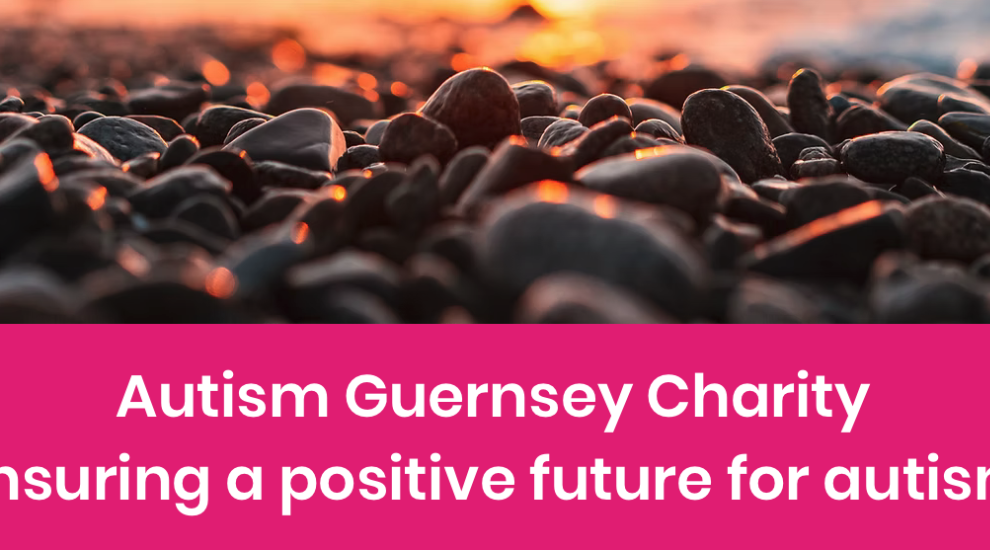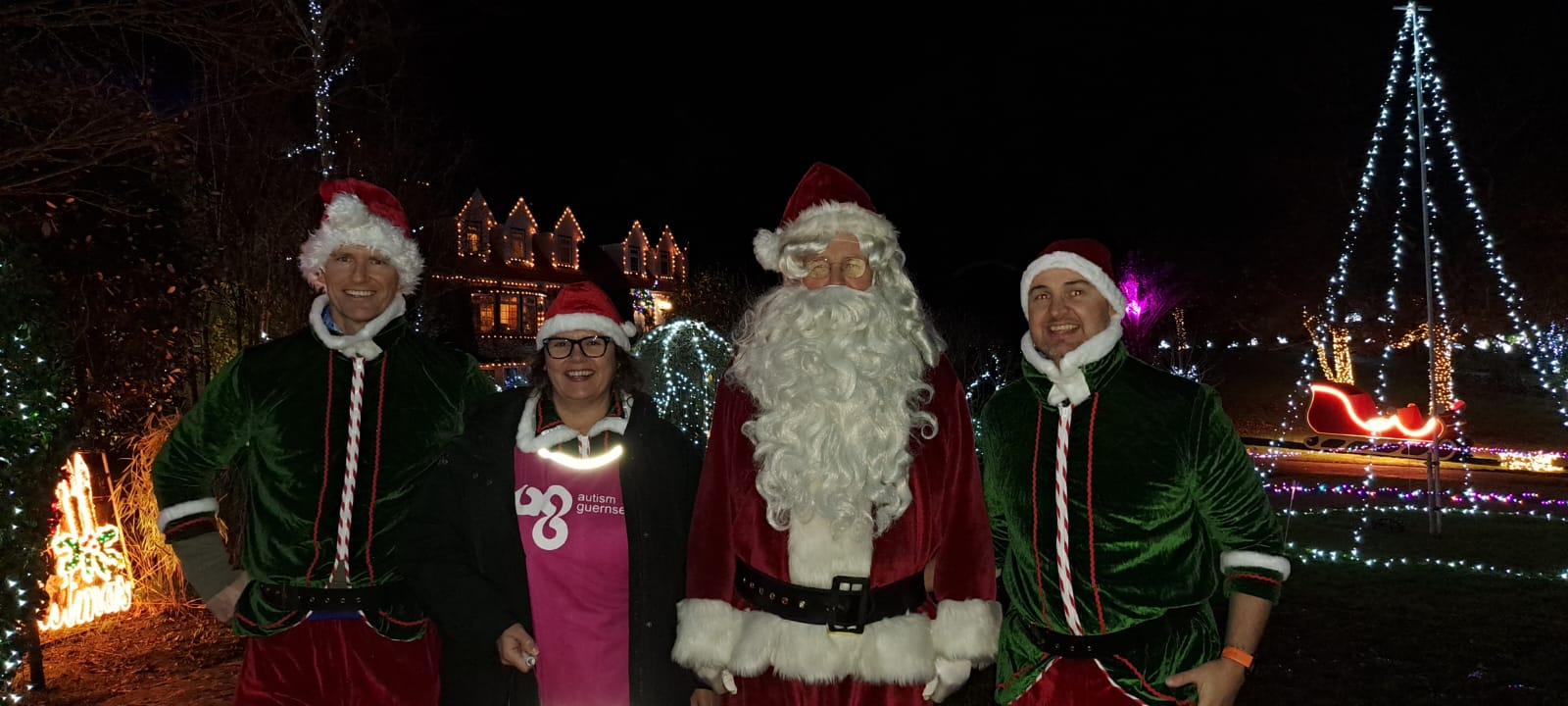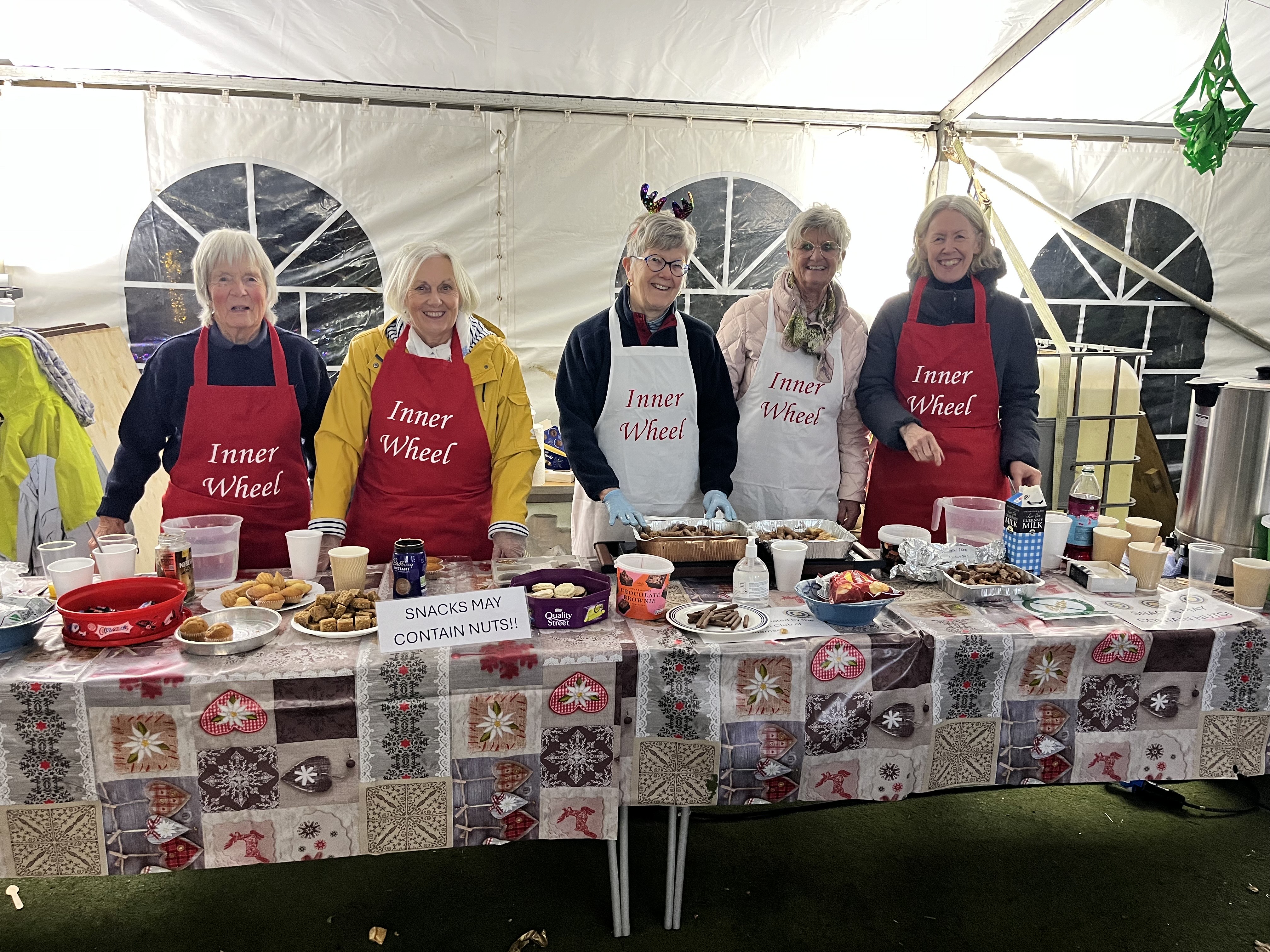


Autism Guernsey has faced a well publicised challenge to its finances and future viability this year - but the charity is looking ahead to 2025 with hopes for progress on a new commissioning model and Autism Framework.
A grant of more than £100,000 from Children in Need has helped to pay staff and fund vital services operated by Autism Guernsey in recent years, but earlier in 2024 the charity was told that it would not be receiving the money in 2025.
Immediate fears of the charity being forced to cut back on the work it does were allayed by early December when HSC gave it a one-off grant of £65,000.
With that money bolstering its funds, Autism Guernsey is now looking ahead more confidently to 2025, while reflecting on all its achieved this year.
"We have too many highlights to name, so we have chosen just two," said Julia Watts when Express asked Autism Guernsey about the work it has done this year.

Pictured: The 2024 Winter Wonderland was another success!
Securing the one-off payment from HSC to continue to deliver the services to children, young people and their families for another 12 months, was one of those highlights she explained, while the recent Autism friendly Winter Wonderland kindly supported by Peter and Frankie Bachmann was the other.
Photographs of the annual event, provided by Autism Guernsey show how successful it is for those attending.
As well as the hit to their finances when the CiN grant was not renewed, Autism Guernsey has opened up about other challenges it - and its service users - continue to face.
"Autism charities who support the neurodiverse communities face many challenges in their support offerings," explained Ms Watts, Autism Guernsey's Autism Services Manager.
"Sustainability is always a major concern as with many other charities we rely on grants and donations, this makes it difficult to make long term plans to continue to support the ever-increasing demand on our charity," she said.
Despite advances in public understanding, there are still widespread misconceptions about autism and the diverse needs of individuals on the spectrum explained Ms Watts, and that needs to be tackled.
Awareness campaigns that focus on specific aspects of autism, such as childhood diagnoses, may overlook adult needs or the challenges faced by people with autism in areas like employment, and mental health, she said.
Having extra help can support awareness raising as well as practical support.

Pictured: The Innerwheel ladies getting ready to serve the autism community at the Winter Wonderland event.
Securing volunteers to help with clubs and activities is a challenge in itself though, as this requires a regular commitment for at least a six-month period
To best support children and young people with autism, that long term commitment is needed as children with autism often thrive in structured, predictable environments, with regular volunteers providing continuity, which helps the children feel safe and comfortable.
"This consistency can reduce anxiety and increase their willingness to engage in activities," said Ms Watts.
"Autistic children may find it challenging to form trust with new people, and having regular volunteers allows them to build strong, supportive relationships with familiar faces."
With the one-off grant from HSC securing services in the immediate future, Autism Guernsey is also looking at what can be done long term to ensure its continuity as well as further support for the people and families it works with.
This will include working in partnership with the States of Guernsey on a potential commissioning model, said Ms Watts.
The charity and others are also reviewing the Autism Framework of 2016.
"Autism Guernsey plays a crucial role in advocating for individuals with autism and providing essential services to those who do not meet the criteria for statutory services. The evolving needs of the autism community demand continued adaptation, research, and collaboration policymakers," said Ms Watts..
By advocating for individuals with autism and providing essential, long term services to support them, Autism Guernsey believes the wider community will also benefit during 2025.
"Many individuals with autism face significant barriers to entering and thriving in the workforce, including discrimination, lack of accommodations, and a general lack of understanding of neurodiversity," said Ms Watts.
"We hope to continue to offer training to organisations that have—or might have—autistic staff and clients. Most of our sessions are delivered from a lived experience perspective, meaning that some of our trainers and speakers are experts through experience. We believe it is the most relevant and valuable approach.
States step in with a service saving grant for Autism Guernsey
Comments
Comments on this story express the views of the commentator only, not Bailiwick Publishing. We are unable to guarantee the accuracy of any of those comments.